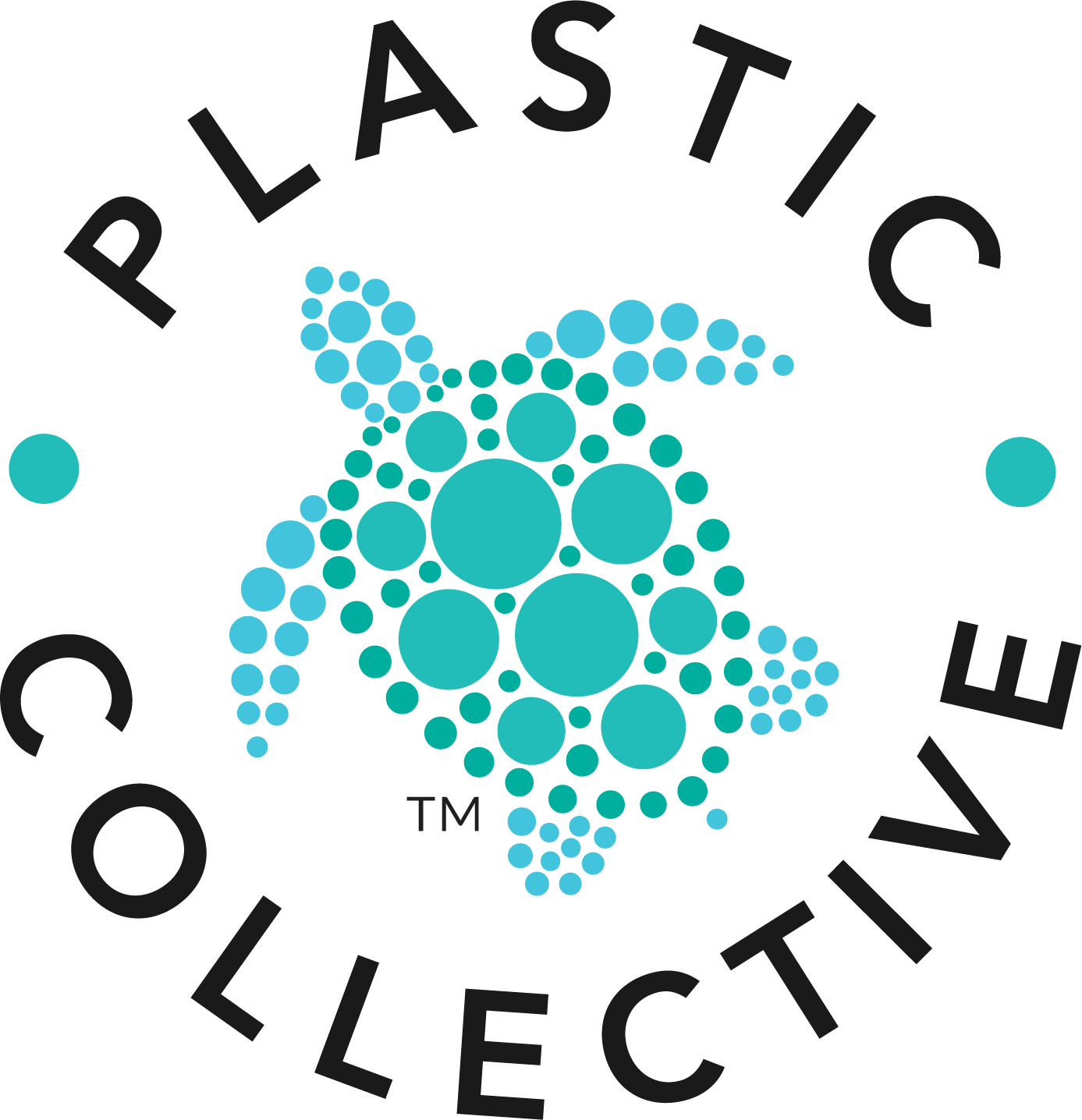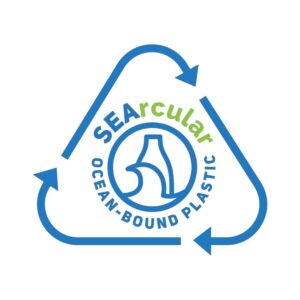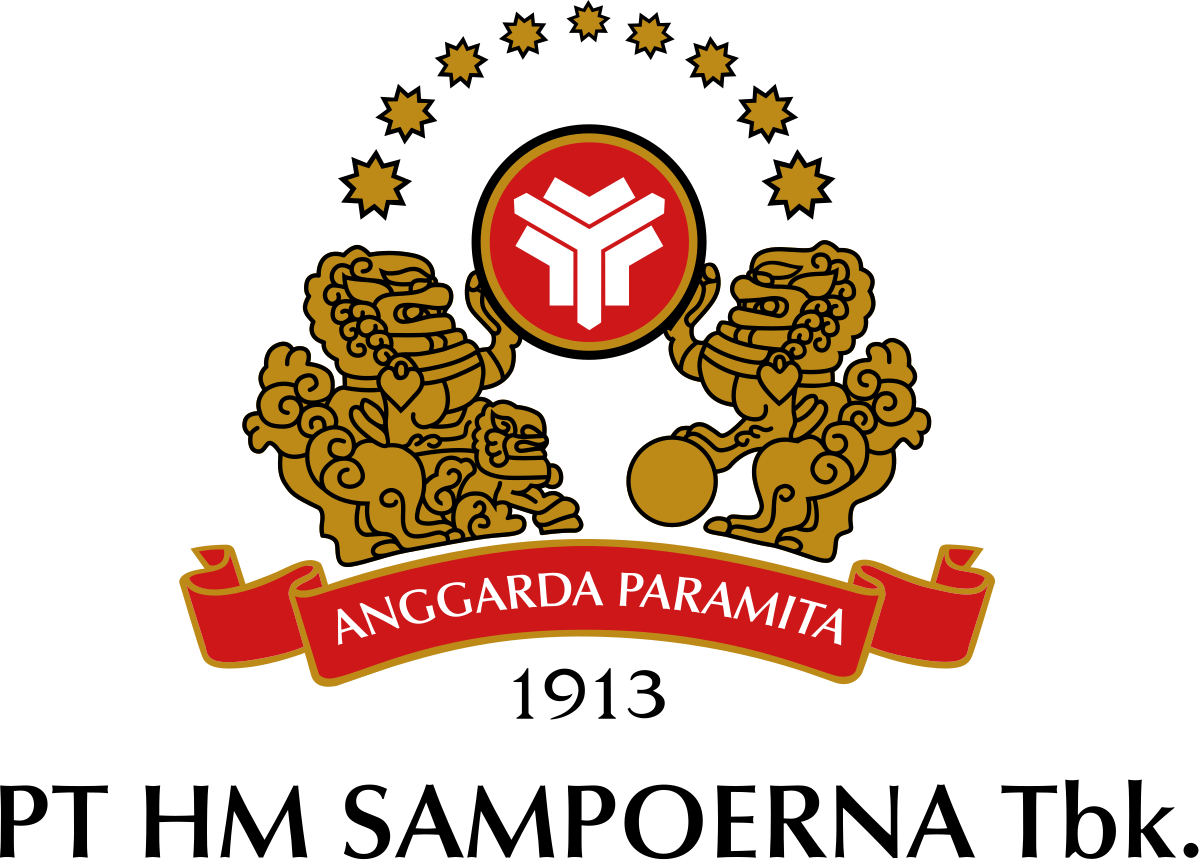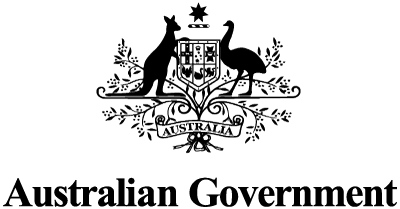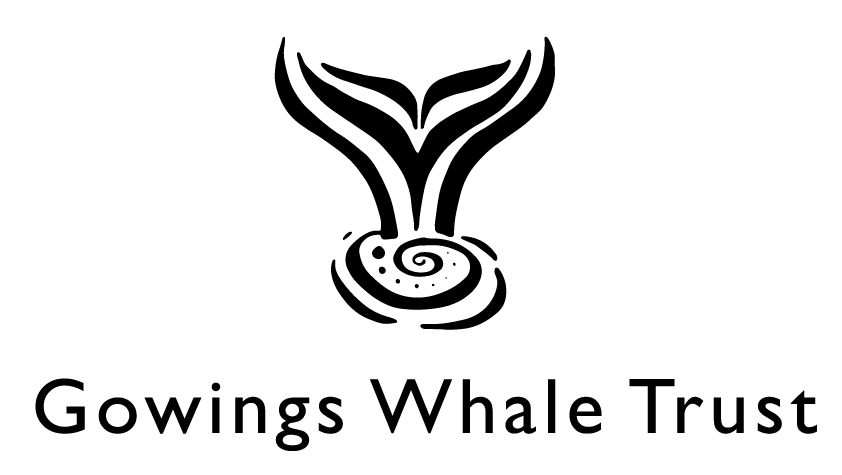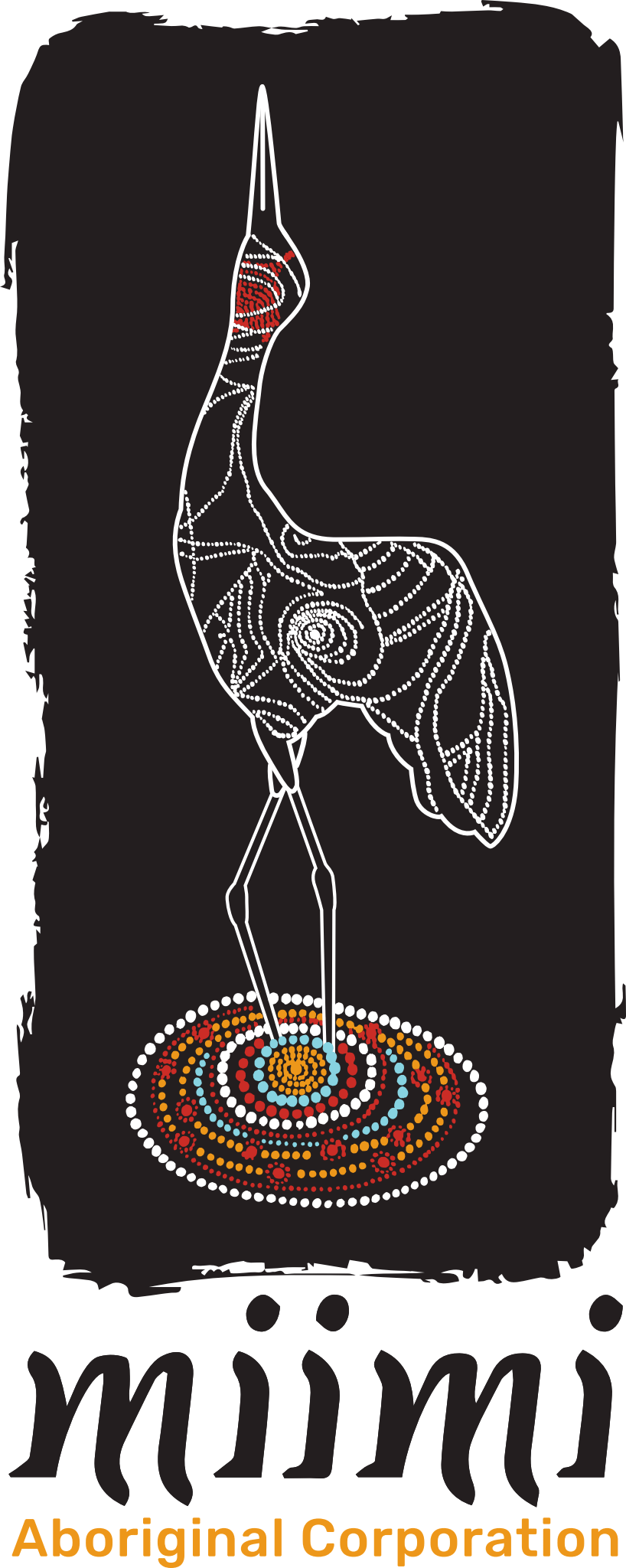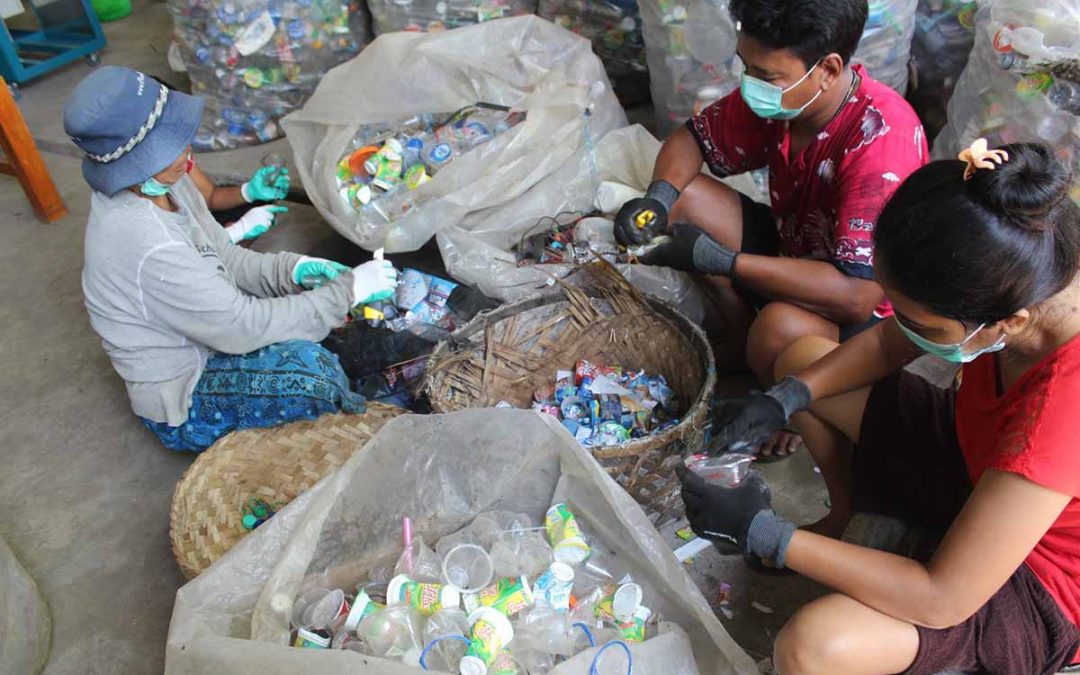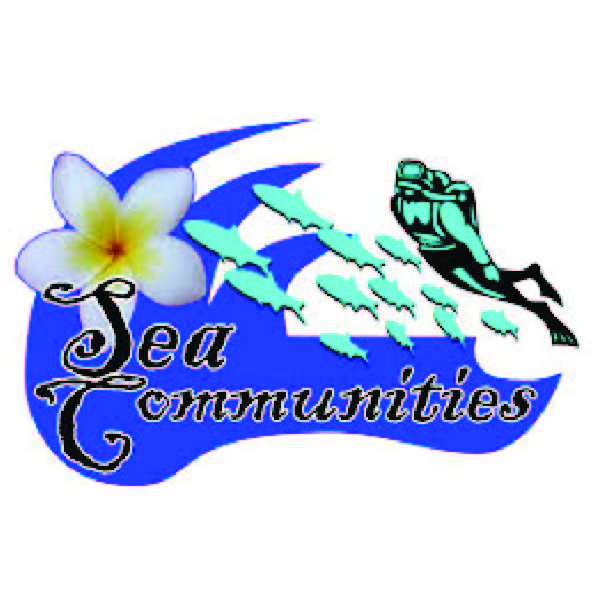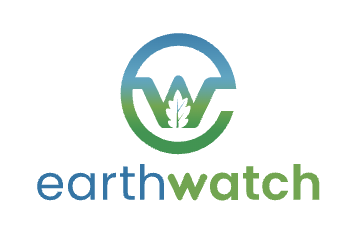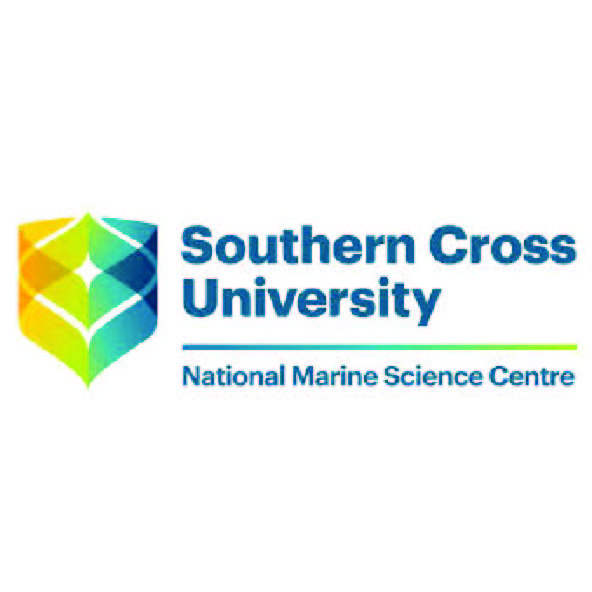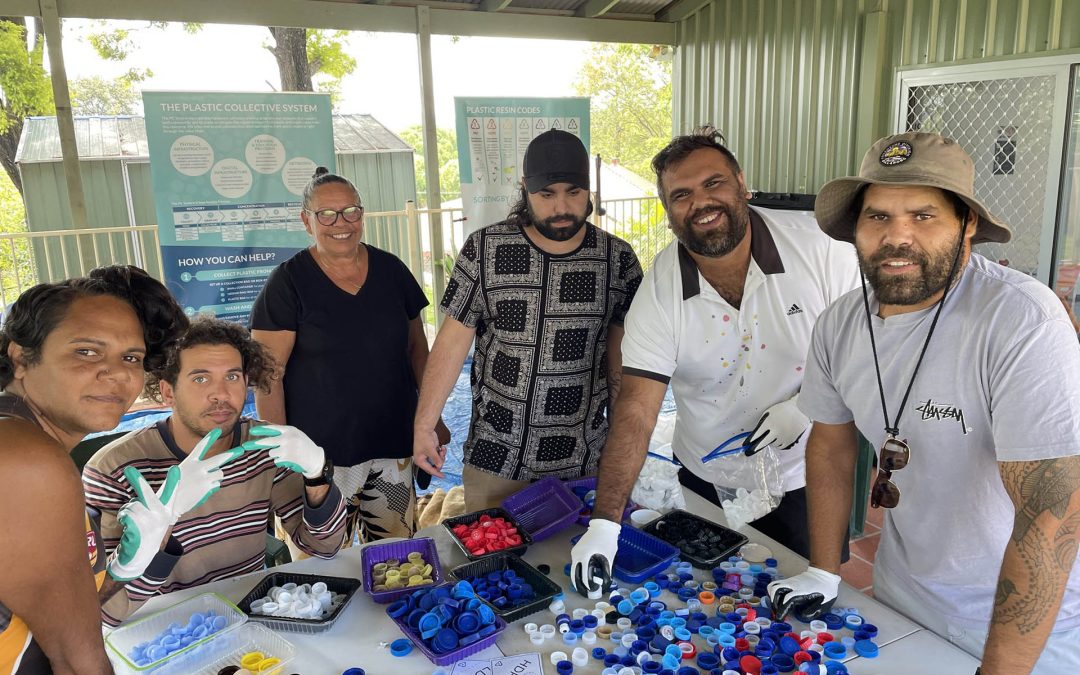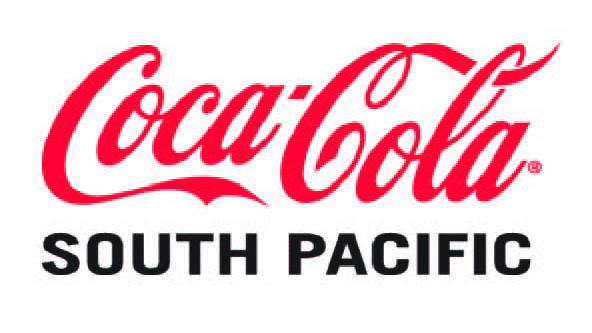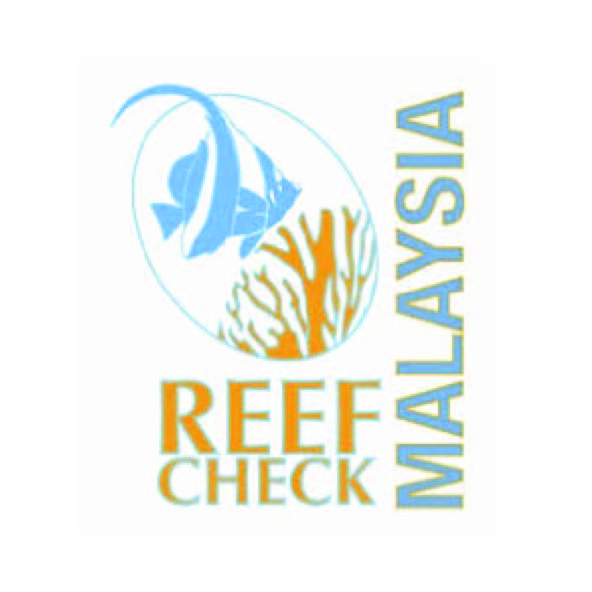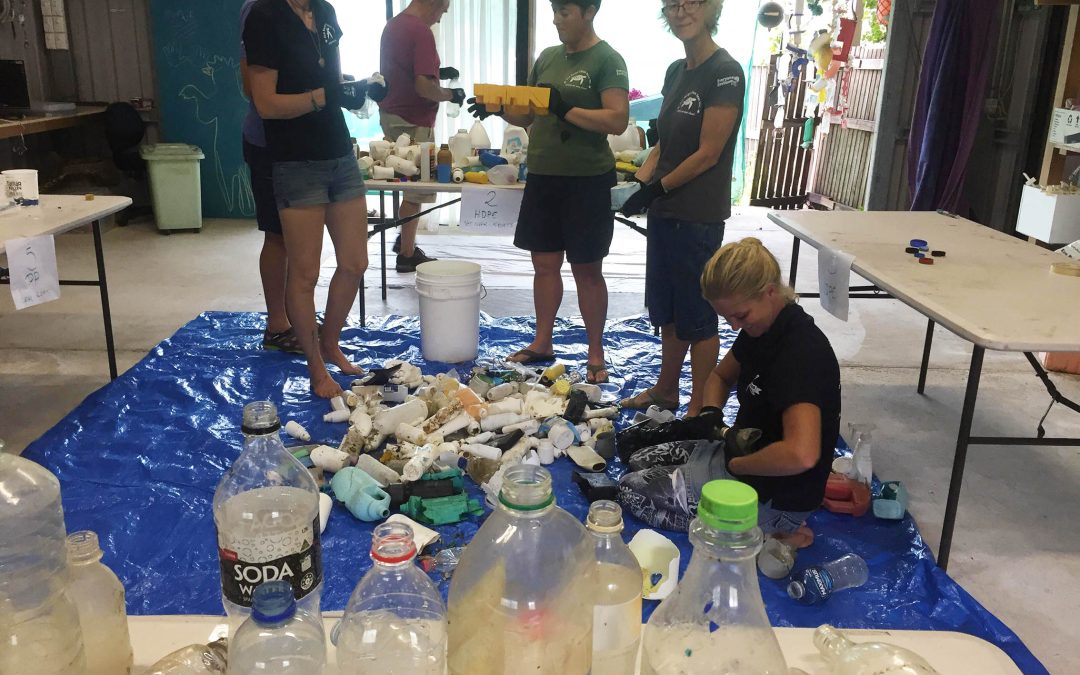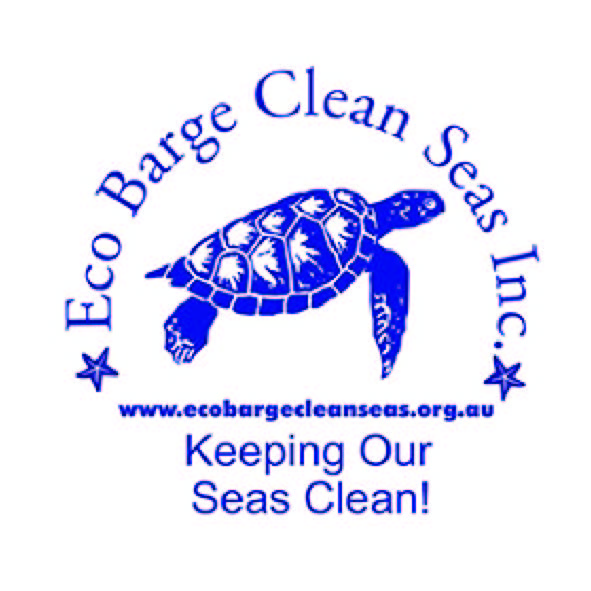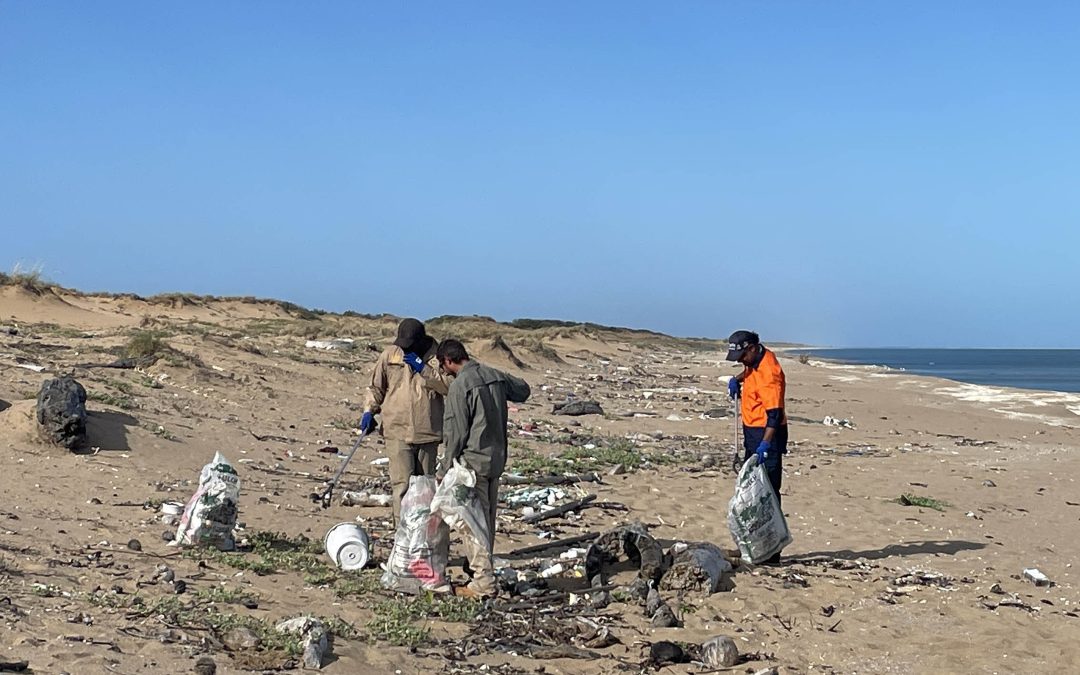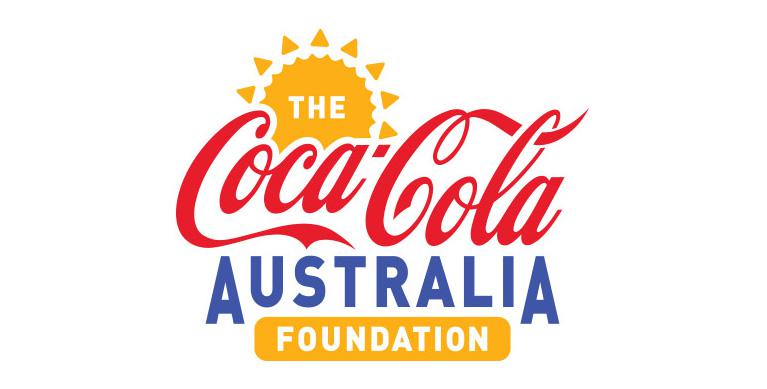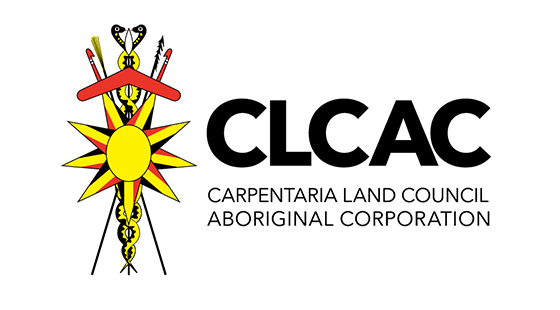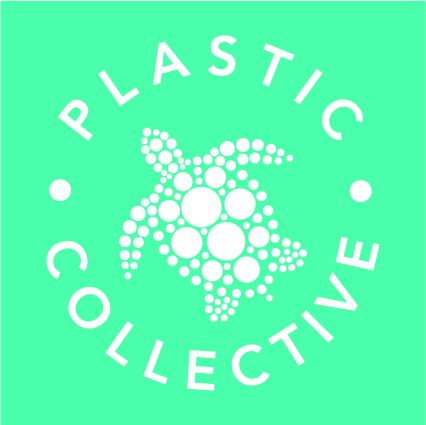Asase Foundation
Plastic Credit Certification
ASASE Foundation
Community-based Collection
and Recycling Project
Greater Accra Region
Ghana
WEST AFRICA

Plastic Credit Certification
ASASE Foundation
Community-based Collection
and Recycling Project
Greater Accra Region
Ghana
WEST AFRICA

About Asase
The ASASE Foundation was created by Dana Mosora and Hilda Addah on March 25th, 2017 in Accra. Their dream was to enable Ghanaian women entrepreneur to play a key role in cashing in on the plastic waste trash of Accra for the benefit of their own communities.
“We are a legally registered Non-Governmental Organization (N.G.O.) in the Greater Accra Region of Ghana. We aim to provide a platform for the inspiration and empowerment of women and beyond, by offering seed money and technical and business training to build their own plastic waste reprocessing plant and manage it as a social enterprise.”
The Project
A community-based plastic waste collection and recycling project established in Ghana in 2019. The project involves starting small recycling plants as social enterprises in communities where plastic pollution is most severe, and empowering women entrepreneurs to build their own plastic waste collection businesses as a sustainable source of income and employment.
Every day, 300 tons of plastic waste is generated in Accra. An informal network of women waste workers is the backbone of the local recycling industry. They are often the poorest faces of their communities and are regularly discriminated against for working in the waste sector. Without these women, Accra’s plastic waste would build up in local neighborhoods, as well as leak into the environment and nearby ocean. Without these recycling jobs, these women would likely face unemployment.
A target was to ramp up the volume of plastic waste collected and recycled, to create a steady supply of plastic waste for the new facilities once opened. To do that, the ASASE foundation started 2 new collection centers in Gbetsile and Kpone, Accra, where waste pickers can aggregate and bale the collected plastic waste, and sell it to the foundation.
From January 2021 to September 2021, the Closing the Loop diverted around 600 tons of plastic waste from various streams, including from their collection centers, schools where they run educational programmes on plastic waste sorting, as well as monthly cleanups conducted along Accra’s coastline. In 2022, the project increased processing capacity to 2,000 tons.
To help process this collected waste and sell it at a higher value, an extruder was installed in the CASH IT! facility, turning collected plastic waste into pellets. This improves the long-term economic viability of the recycling business.
To pave the way for a more sustainable future, the ASASE Foundation is working with 58 schools to teach students about waste management, segregation, and recycling. Students also help collect and sort their own plastic waste, which is then collected by the foundation and recycled in the CASH IT! facility.
The foundation is also building career paths for young mechanics and engineers. They have partnered with Design and Technology Institute in Accra to bring select students on board the design and fabrication of the second CASH IT! recycling plant. These students will then have the opportunity to continue working at the facility upon graduation, to maintain and operate the assets they helped design and set up.
